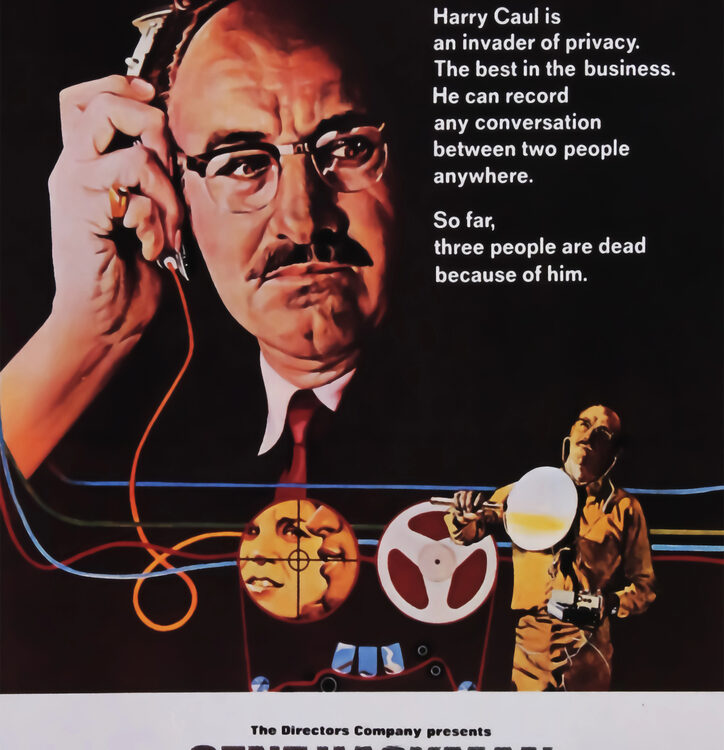
A Hard Estate Planning Lesson from Liam Payne’s Untimely Death
May 20, 2025
New Will Emerges in Zappos Owner, Tony Hsieh, Estate Case
June 5, 2025In a bold and deeply personal move, Bill Gates recently announced his intention to give away nearly all of his wealth and close the Bill & Melinda Gates Foundation by 2045. His goal? To ensure that no one says “he died rich,” and more importantly, to leave a legacy defined not by wealth accumulation, but by global impact and generosity.
This brings up an important reminder that estate planning is about more than just distributing assets. It’s about defining your legacy.
The Microsoft co-founder, whose current net worth is estimated at $168 billion, has long expressed his commitment to philanthropy. But with this latest announcement, he’s set a clear timeline that his foundation will be fully disbursed and closed by December 31, 2045. The plan includes giving away an additional $200 billion to causes like disease eradication, poverty reduction, maternal and child health, and educational access across the globe.
What makes this announcement particularly powerful is the personal reflection behind it. Influenced by his late parents and longtime friend Warren Buffett, Gates embraces the belief that great wealth comes with great responsibility. He seems to be following the quote his mother would recite to him often, “to whom much is given, much is expected.”
Most of us do not have billions to give away, but that doesn’t make our legacy any less significant. Whether you have modest assets or a substantial estate, estate planning allows you to:
- Support the people and causes you care about
- Ensure your wishes are honored
- Reduce family conflict or confusion
- Provide structure and guidance for charitable giving
- Create a long-term impact aligned with your values
Gates’ strategy shows us that estate planning can be as much about values as it is about valuables.
One powerful tool for those who want to give back is charitable planning. This can include:
- Charitable Trusts: Structures like Charitable Remainder Trusts or Charitable Lead Trusts allow you to support causes you believe in while also benefiting your heirs.
- Donor-Advised Funds: These provide flexibility and ongoing support for your favorite nonprofits.
- Gifts Through Wills or Trusts: Leaving a donation to a charity ensures that your philanthropic intentions are carried out after your passing.
Even small gifts can make a big difference and set a meaningful example for future generations.
Bill’s approach to giving is rooted in a belief that wealth is a tool, not an endpoint. Whether you want to support a local nonprofit, fund education for future generations, or simply ensure your loved ones are well cared for, the key is planning ahead.
At The Estate Planning & Legacy Law Center, we help you create a plan that reflects your values and your vision. Contact us today to start building your legacy plan!




